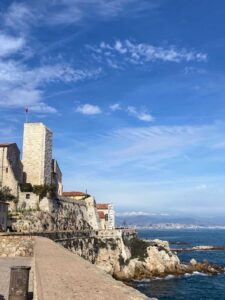‘Swiss pensioners who live abroad in luxury are an exception’
5 min read
On March 3 the Swiss will vote on an extra – or 13th – monthly pension payment. Martina Bircher, a parliamentarian from the right-wing Swiss People’s Party, claims that some retired Swiss Abroad already enjoy a “luxurious lifestyle” thanks to the strong Swiss franc. Four expatriate pensioners talk about the reality of their lives.
“With my old-age pension of CHF1,250 ($1,442) per month, it would be impossible for me to live in Switzerland,” says Swiss-Argentinian Carl Albert Melo. Melo emigrated to Argentina, his wife’s country of origin, when he retired eight years ago. His wife receives no pension as she never earned a salary.
Nearly 144,000 Swiss nationals living abroad receive Swiss Old-Age and Survivors’ Insurance (OASI) pensions, according to the 2022 figuresExternal link of the Federal Social Insurance Office. Retirees sometimes emigrate for love or adventure. Often, however, they leave Switzerland out of financial necessity, as the testimonials here illustrate:
More
Pierre-Yves Maillard, a Swiss national who moved to Brazil when he retired, believes that “Swiss pensioners who live abroad in luxury are an exception”. He feels that politicians should be more concerned about people who are obliged to emigrate “because [Switzerland’s] pensions and social benefits are too low”.
Maillard’s retirement income is modest. He worked for NGOs focused on international cooperation, and his divorce requires him to split his “second pillar” (an additional occupational pension) with his ex-wife. By combining his OASI pension and his occupational pension, he could afford to live in Switzerland, but only in “a humble way”. He therefore fully supports a 13th OASI pension payment.
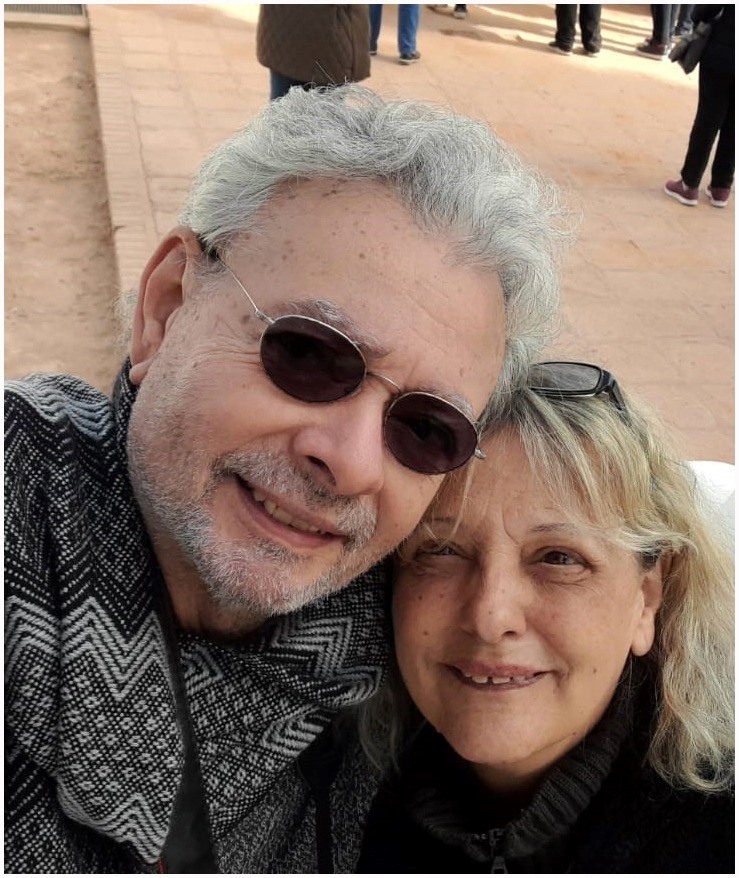
Many share Maillard’s view, according to the first opinion poll by the Swiss Broadcasting Corporation. Support for a 13th payment is particularly strong among the Swiss Abroad: 80% are in favour. Within Switzerland, 61% of the electorate backs the initiative.
More nuanced opinions
Although a large majority of the Swiss diaspora plans to vote in favour of the 13th pension payment, some in the expatriate community are less enthusiastic.
One SWI swissinfo.ch reader – a pensioner who wishes to remain anonymous – does not support the 13th payment even though they emigrated for financial reasons. They receive a partial Swiss pension and a small pension from Hungary for the years they worked there. Combined, they would be “insufficient to live in Switzerland”. The pensioner therefore chose to leave canton Bern and relocate to Hungary.
This pensioner will nonetheless vote “no” on March 3 because they believe it would be difficult to finance a 13th payment. “Personally, I’d receive about CHF100 more a month, which would be nice, but it still wouldn’t allow me to return to Switzerland,” they explain.
André Chappot, a retiree whose roots are in cantons Zurich and Valais and who now lives in the Philippines, also wonders whether a 13th payment is really the solution. He would prefer to have OASI pensions indexed to the cost of living in Switzerland. “But since the current discussion centres on an additional monthly payment, I lean towards supporting it,” he says.
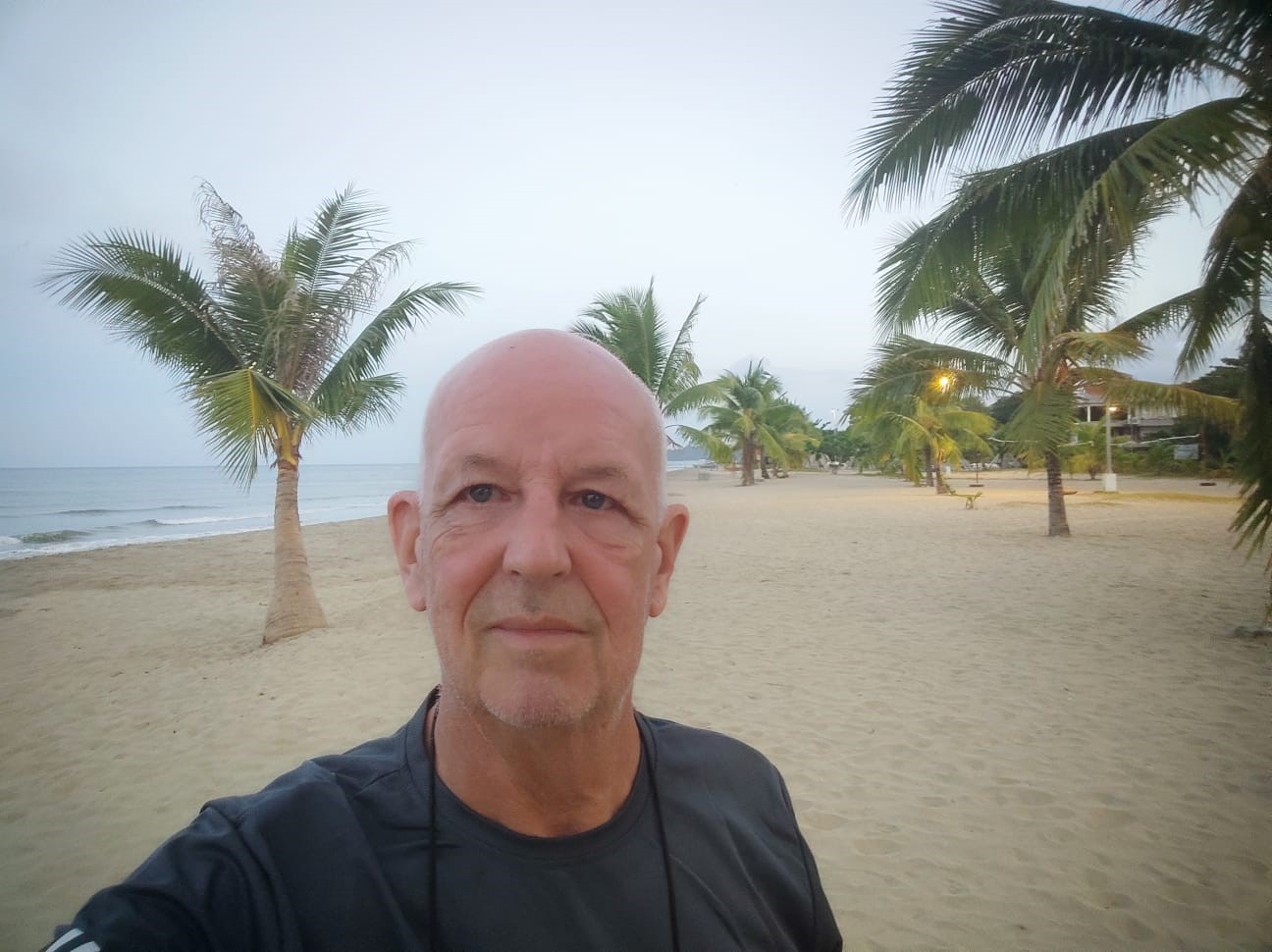
‘Favourable exchange rate’
People’s Party parliamentarian Martina Bircher claims, in an op-edExternal link in her party’s newspaper, that Swiss retirees abroad will escape the cost of financing a 13th monthly payment. This cost could include a higher value-added tax (VAT) or higher salary deductions.
Both Melo and Chappot counter that if they lived in Switzerland, they would be eligible for additional benefits because of their modest pension income. Melo receives CHF1,250 a month, and Chappot receives CHF2,200. This puts each of them below the Swiss poverty lineExternal link, which in 2021 was CHF2,289 a month for a single person, according to the Federal Statistical Office.
Maillard points out that he pays a withholding tax in Switzerland. When Swiss nationals emigrate, they can withdraw their “second pillar” occupational pension either as a lump sum or in the form of monthly payments. These sums are subject to a withholding tax if there is no double-taxation agreement between Switzerland and the country of residence – or if the agreement stipulates that Switzerland is responsible for taxation. The tax varies by canton, but it is generally around 10%.
According toExternal link the newspaper 20 Minutes, Bircher believes that “the favourable exchange rate alone has caused the pensions of Swiss expatriates in Europe to jump by 20%”. Chappot recognises that the strong Swiss franc “compensates a little for inflation”, but he stresses that “since [his] retirement, OASI pensions have not changed”. He feels “it would therefore be important to increase them”.
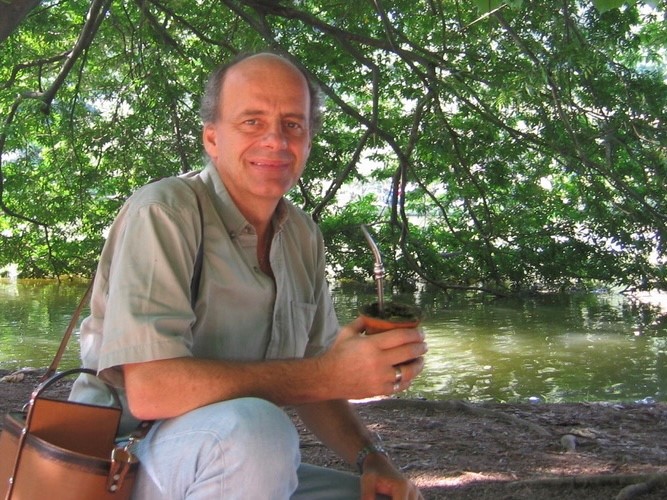
Other side of the coin
Chappot spent most of his career in adult education. During the many years he worked abroad, he did not pay into the OASI pension scheme. This drastically reduced his pension. Although he lives “very comfortably” in the Philippines, he notes that “there’s also a price to pay for living in a developing country”, especially in terms of access to healthcare.
Chappot stresses that most foreign pensioners in the Philippines did not move abroad by choice but because they had to. Melo, too, says he would prefer to live out his days “in little Switzerland”, but he knows that his pension would never allow it.
Involuntary emigration can also cause family separations. Maillard, having retired in Brazil, is rarely able to see his three children because two live in Switzerland and one lives in Spain.
>> For more information, see:
More
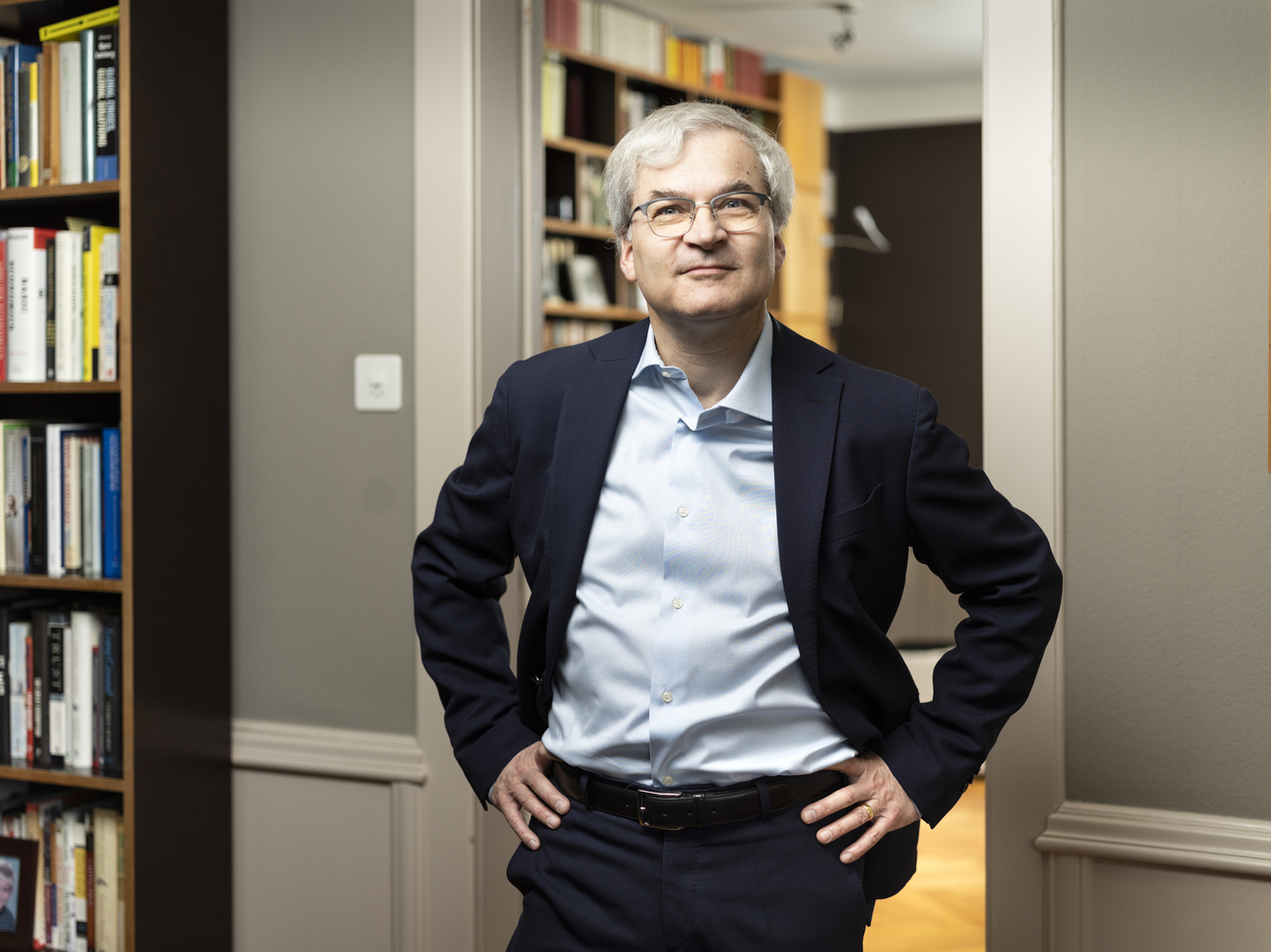
More
Do Swiss pensioners living abroad ‘milk’ the system?
More

More
Swiss pension vote: what’s at stake
More
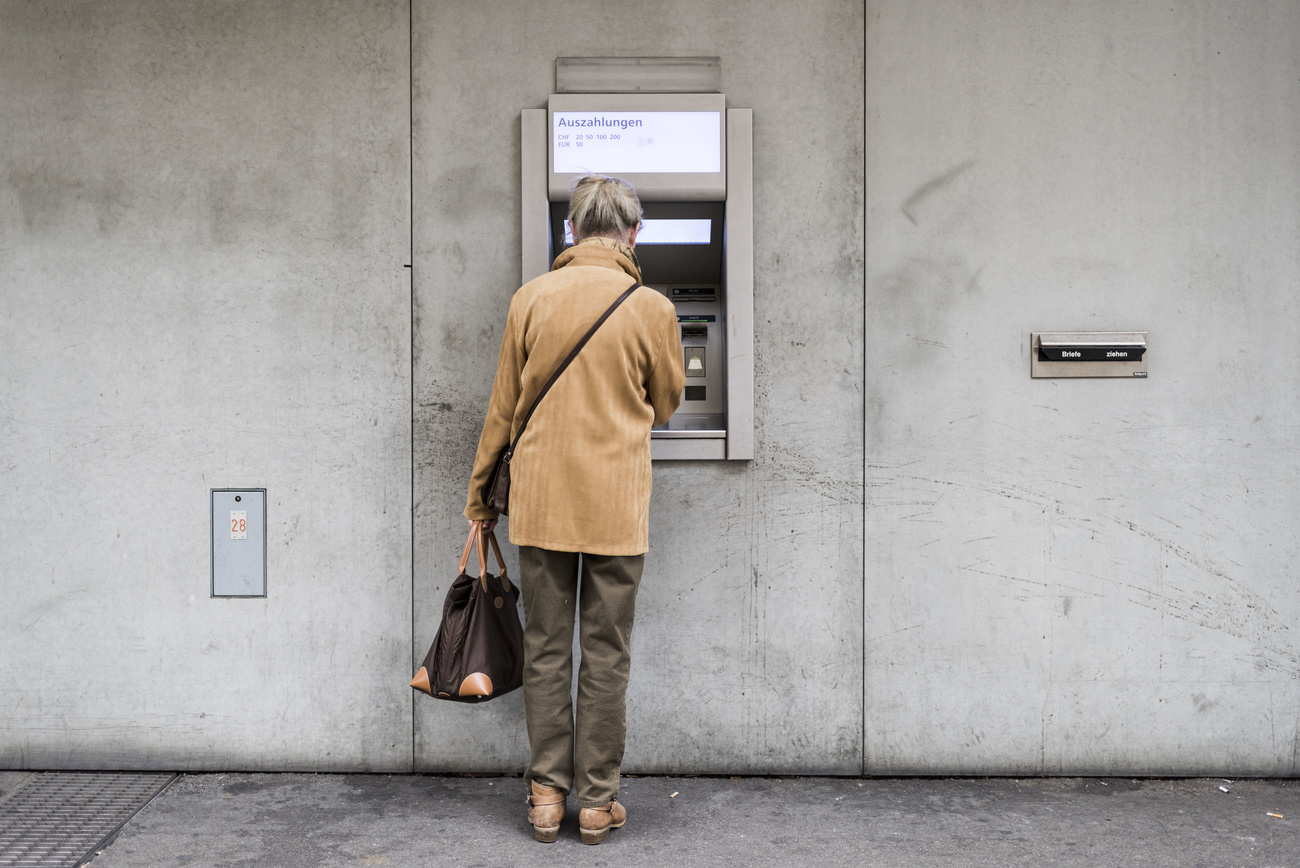
More
Votes on March 3: suspense surrounding the 13th pension payment initiative
Adapted from French by Katherine Bidwell/ts
Discover more from Slow Travel News
Subscribe to get the latest posts sent to your email.



